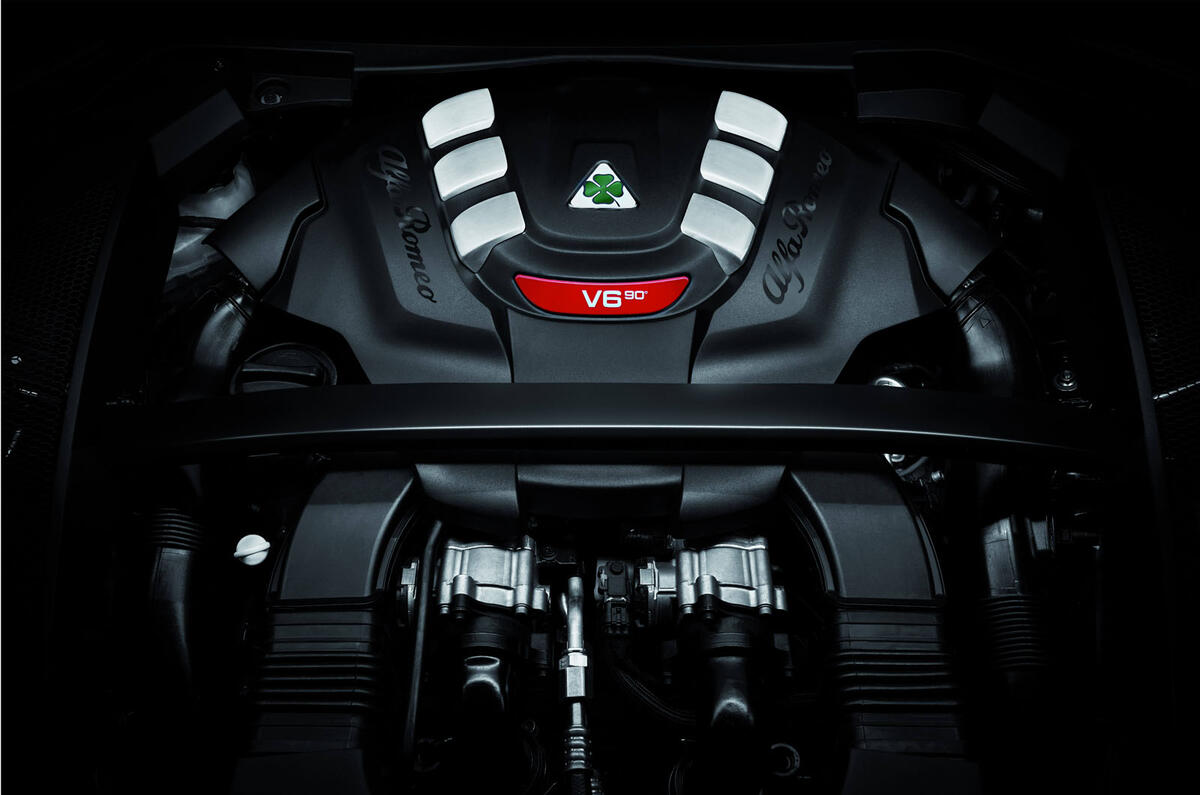Alfa Romeo will continue to use its renowned 2.9-litre petrol V6 engine beyond the July 2025 introduction of the European Union’s Euro 7 emissions regulations.
Speaking recently, CEO Jean-Philippe Imparato confirmed the Italian company’s intention to use the twin-turbocharged engine in future applications, although he stopped short of hinting at what those might be.
Asked if the Ferrari-derived engine would be used in the future, he said: “The answer is yes, because I’m expecting the result of Euro 7 [proposals] this year. I would like something [compliant with] the [new] regulation to be interesting.”
Alfa's use of V6 engines
The 33 Stradale’s 3.0-litre V6 is a slightly more powerful, wider-bore iteration of the 2.9-litre engine used in the Giulia and Stelvio Quadrifoglio performance models. Both are closely related to the Nettuno 3.0-litre V6 used by the Maserati MC20.
As Euro 7 looms, several brands have retired engines and even models, due to the high cost of making them compliant.
For example, Volkswagen has strongly hinted that it will axe the Polo and it will stop offering the Golf with a manual gearbox. While Ford has very famously ceased production of the Fiesta as a direct result of profit margins becoming too tight in the fight between efficiency and size.
Euro 7 pushback
Some manufacturers may well have changed product development plans, but others have decided to push back.
Stellantis boss Carlos Tavares has argued it could increase the cost of small cars, while Renault chief Luca de Meo thinks the changes will distract companies from going all-electric.
Eight EU countries have also fought back in defence of car makers, claiming manufacturers are already under enough pressure to hit the upcoming emission targets, which will see a ban on new combustion-engined cars from 2035 in the EU.








Join the debate
Add your comment
As for Alfa fair play if they find a way to keep it going.
As for Ford and VW just lame. They should have just made the Fiesta and Polo electric problem solved.